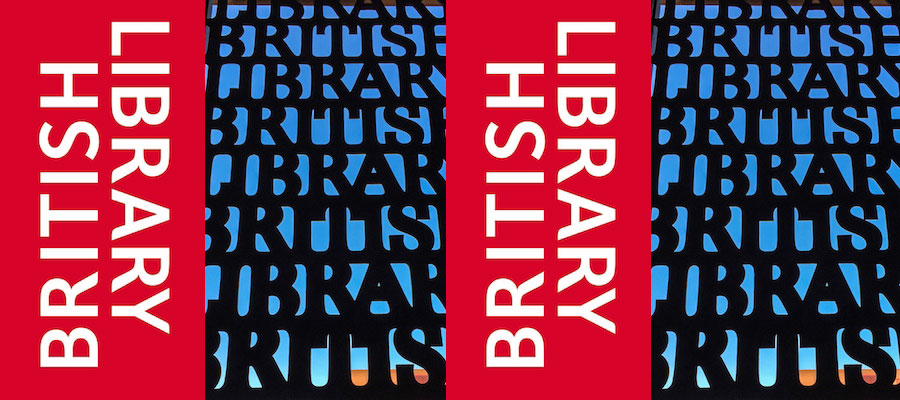The British Library houses one of the most important collections of Greek papyri in the world. Unique fragments of Greek classical literature, biblical and scientific pieces are held here together with a large and significant amount of documentary material. In the course of the Library’s digitisation projects, this collection of more than 3000 Greek papyri has now been fully digitised and will be published online with new catalogue entries.
The three-month (or part-time equivalent) PhD research placement would contribute towards the cataloguing associated with this project, enabling the digitised images to be described and published in the Library’s online catalogue and viewer. The placement student will also contribute to blogposts, tweets, and to other library events in order to promote the collection and its international importance for the study of Classical and Late Antiquity.
Expected Tasks
Cataloguing: The student will learn how to catalogue papyri according to the Library’s standards for its online catalogue. This will also entail reviewing existing descriptions, comparing them with those in other international databases and publications, updating records and adding bibliography. The student will provide assistance with the selection and delivery of the material, liaising with colleagues in the Library’s conservation and photo studios, and checking image quality. Realistic targets for the amount of cataloguing work to be completed during the placement will be discussed and agreed with the student as part of the induction process.
Promotion: The student will contribute blog posts to the Library’s Medieval Manuscripts blog and tweets about newly added/identified pieces. There will also be opportunities to contribute to internal and external library events with specialist knowledge of papyri. This is likely to include contributing to ‘show-and-tell’ events about the collection and to other research or public engagement events. Depending on the timing of the placement in relation to exhibition schedules, there may also be the opportunity to write labels for any items that are selected to feature in displays or exhibitions in the Library’s Treasures Gallery.
Research: The student will be encouraged to undertake their own research relating to the Library’s collection of papyri and to publish articles on their finds and discoveries for submission to peer-reviewed journals. Potential areas of research will be discussed with candidates at interview stage and refined and agreed with the supervisor at the start of the placement.
Training and Experience
The student will receive training in handling, imaging and cataloguing of papyri, as well as gain first-hand practical experience of their conservation.
An induction into the Library’s manuscript cataloguing system (IAMS) will be provided by our internal specialists. Handling training will be provided by the Library’s Preventive Conservation Team. The placement supervisor will provide advice on how to accommodate external papyri cataloguing standards to the Library’s internal requirements.
Required Skills
- Excellent knowledge of Ancient Greek and Latin languages and literature
- Some experience in papyrology and Greek palaeography
- Familiarity with the history, culture and religion of Late Antique Egypt
- Strong IT skills (Word, Excel etc.)
Eligibility
- Open to all PhD students, as long as they have the support of their PhD supervisor
- International students are eligible if they have the right to study in the UK
Funding
The British Library PhD research placement scheme has been developed in consultation with UK research funders, universities and Doctoral Training Partnerships.
The research placements offered through the scheme are opportunities for current PhD students to apply and enhance research skills and expertise outside of Higher Education as part of their wider research training and professional development. They are training and development opportunities to be undertaken within this specific context – and are therefore different to the paid internships or other fixed-term posts that the Library may occasionally make available.
Please note that – unlike for an internship or a fixed-term post – the British Library is unable to provide stipends or payment to PhD placement students. It is therefore essential that applicants to the placement scheme obtain the support of their PhD supervisor in advance and that, as part of their process, they consult their HEI to ascertain what funding is available to support them.
